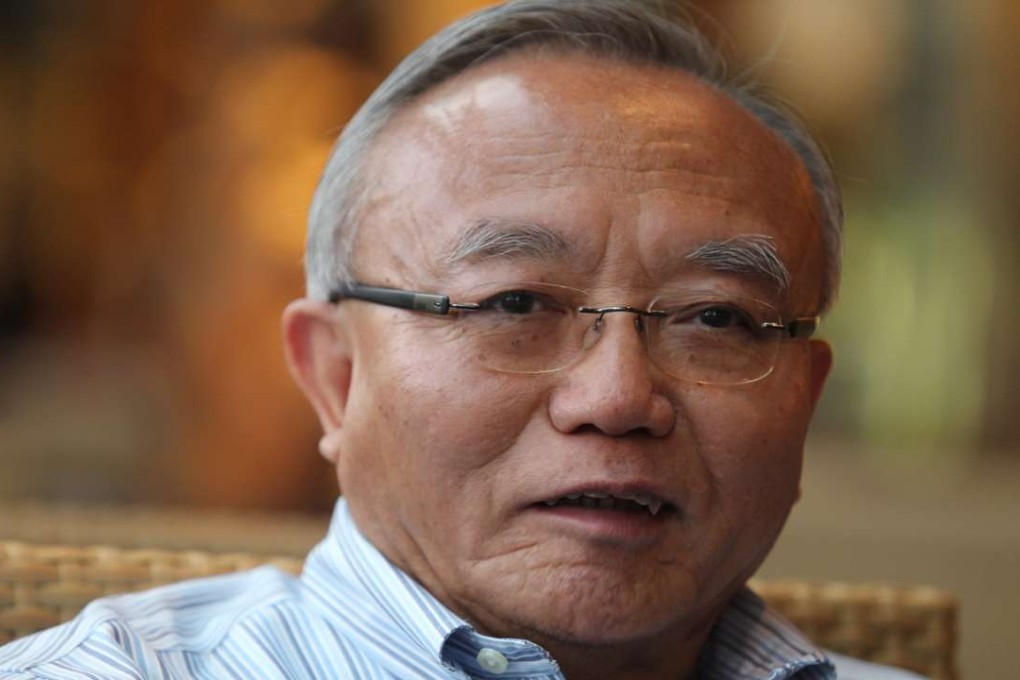New Hong Kong election declaration could backfire, former think tank head warns
Lau Siu-kai says barring of pro-independence candidates could shift votes to other radicals standing for Legislative Council

The tightened government measure apparently aimed at barring pro-independence candidates from running in the Legislative Council elections could backfire, a former head of the Hong Kong government think tank has warned.
The warning by Professor Lau Siu-kai on Sunday came as police were sent to “observe” a press conference hosted by the Hong Kong National Party, which advocates Hong Kong breaking away from China.
Party convenor Chan Ho-tin however claimed initial victory as the pro-independence group was able to force the government to resort to such unusual moves.
The police said the officer was from the Police Public Engagement Office, part of whose role is to build up contacts with various civic groups. The force said his presence at the press conference had nothing to do with “surveillance” or “spying”.
Speaking in a TVB interview on Sunday, Lau said: “If a pro-independence activist is barred from running in the Legislative Council, not only his supporters, but also voters who sympathise with him or some voters who do not support independence could vote for the radicals allowed in the race.”